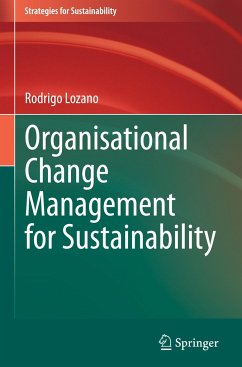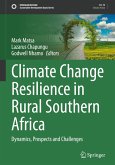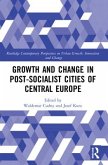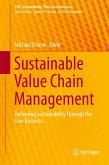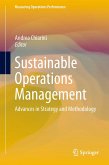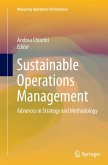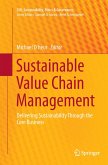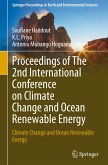This book is aimed at providing clarity through a systemic and systematic approach to organisational change management for sustainability. Chapter 2 of the provides an overview of sustainable development and sustainability discourses, focussing on the economic, environmental, social, and time dimensions, as well as their interactions. Chapter 3 explains what organisations are, the types of organisations (civil society, corporations, education, public sector, and hybrid), the levels and system elements (individuals, groups, organisation, and system), attitudes (informational, emotional, and behavioural), the stakeholders that affect and are affected by the organisation, and the interactions between organisations (from competition to collaboration). Chapter 4 focuses on how organisations have been addressing sustainability, divided into 1) efforts to contribute to sustainability (i.e. focussing outside the organisation), and 2) engagement efforts (i.e. those focussing inside the organisation, e.g. through the use of tools, initiatives, and approaches for sustainability, and collaboration). Chapter 5 discusses change, types of change (internal vs. external, proactive vs. reactive, etc.), change strategies, change frameworks, and change for sustainability in organisations. Chapter 6 focusses on three key mechanisms for sustainability: Leadership, Governance, and Assessment and reporting (with examples from Higher Education Institutions, corporations, and public sector organisations). Chapter 7 discusses on the different drivers (internal, connecting, and external) that foster sustainability in organisations. Examples from empirical research are presented. Chapter 8 delves into resistance to change, particularly on the barriers that slow down or stop sustainability in organisations, as well as the strategies to overcome the barriers to change. Examples from empirical research are presented. The seventh chapter focuses on the different strategies that help reduce or eliminate resistance to sustainability in organisations. Examples from empirical research are presented. Chapter 9 focusses on where sustainability efforts have started (incorporation) and how have they been adopted throughout the organisation (institutionalisation). Examples from empirical research are presented. Chapter 10 presents the effects of external stimuli, such as COVID-19 on organisational change management for sustainability.

